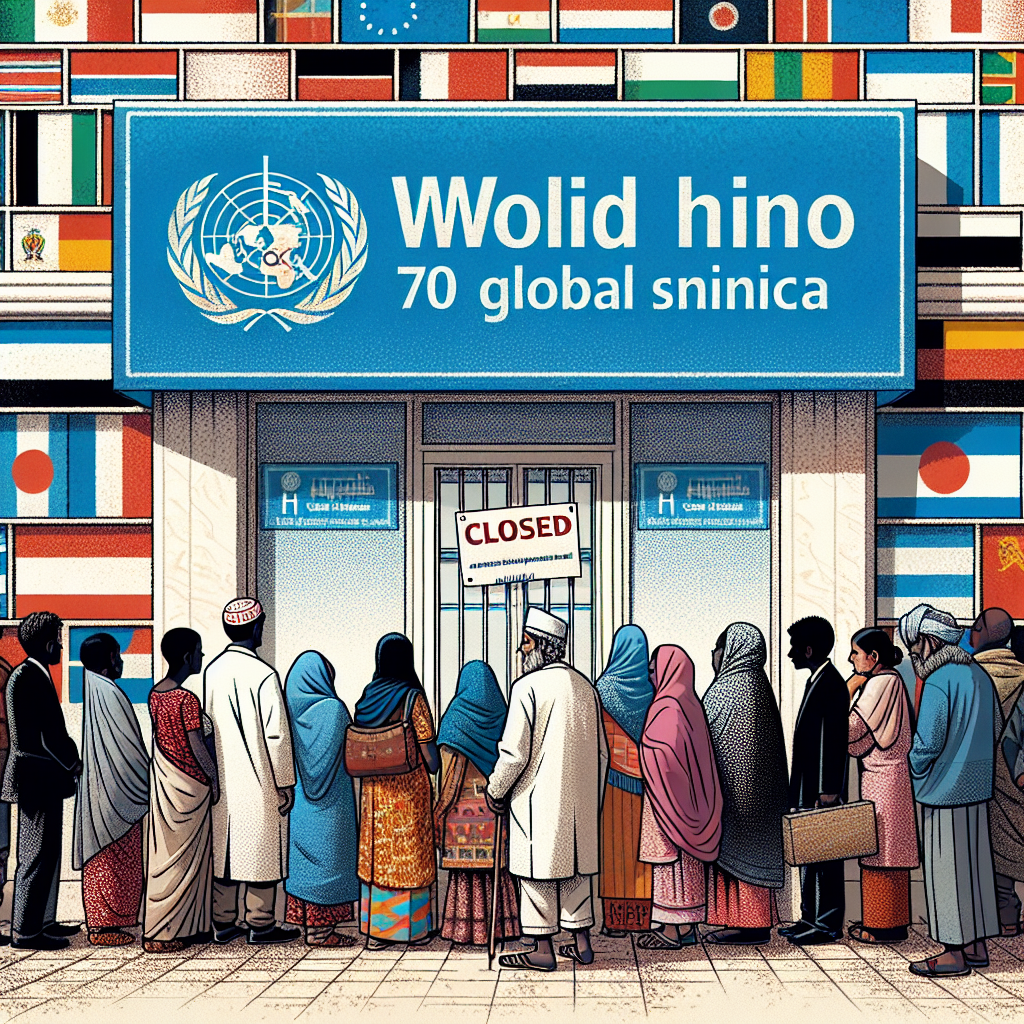China Poised to Become WHO's Largest Fund Provider as U.S. Exits

Overview of Recent Changes in WHO Funding
As the United States prepares to exit the World Health Organization (WHO), significant shifts in global health funding are on the horizon. With the U.S. stepping back, China is positioned to become the largest contributor of state fees, playing a pivotal role in sustaining WHO's operations. This transition highlights the changing dynamics in global health governance and funding mechanisms.
The Impact of U.S. Withdrawal
- Financial Implications: The U.S. has historically been one of the biggest contributors to WHO funding. Its withdrawal could lead to significant budget gaps, prompting the need for alternative funding sources.
- Global Health Leadership: As the second-largest economy, China's increased financial commitment to WHO signals its ambition to take a more prominent role in global health issues.
China’s Emerging Role in Global Health
- Increased Contributions: With the U.S. exit, China's state fees will become a primary source of funding, allowing for greater influence over WHO's agenda.
- Support for Health Initiatives: China’s funding could drive initiatives aimed at tackling global health challenges, particularly in areas such as disease control and pandemic response.
Conclusion
The potential shift in funding dynamics from the U.S. to China marks a significant turning point in the landscape of global health governance. As China prepares to fill the void left by the U.S., questions arise about the future direction of WHO and its ability to effectively respond to global health crises. The implications of this transition will likely resonate across international health policies and practices for years to come.
